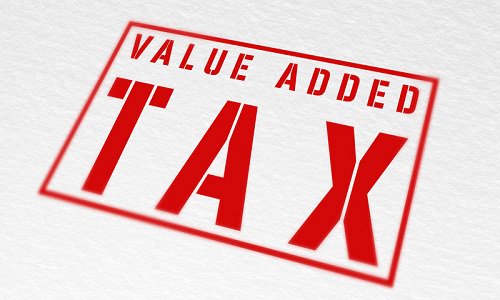Nigeria’s finance Minister, Zainab Ahmed, recently admitted that Nigeria has a revenue problem. That was a euphemistic method of describing Nigeria’s current predicament.
Since 2015, national expenditure has doubled but the nation has continuously failed to meet revenue targets, necessitating the need to incur debt to meet the government’s obligations.
The reasons for Nigeria’s declining revenue are not farfetched. Nigeria derives the bulk of its government revenue and foreign exchange earnings from oil exports. However, the inflow of petrodollars has steadily declined in recent years owing to a fall in the price of crude oil from a peak of $113 per barrel in 2012 to around $60 in 2019. A situation which has resulted in the inability of the government to meet revenue targets.
To make up for the shortfall, the government has attempted to increase revenue generated from taxation, with the number of taxpayers doubling since 2015. Nevertheless, there remains a gaping hole in the nation’s coffers necessitating the need for heavy borrowing to make up the revenue shortfall.
However, Nigeria’s revenue shortfall is only half of the problem. The state of the government’s expenditure also leaves more to be desired. Currently, the government expends most of its earning on debt servicing with data from the Debt Management Office (DMO) revealing that 60 percent of government’s revenues goes into debt servicing. What is left goes into public administration, particularly paying salaries of public servants and government employees. It is therefore not difficult to deduce that not only does Nigeria have a revenue generation problem, it has an equally seriously problem with expenditure management.
It was therefore unsurprising that last week’s announcement of a proposed increase in the Value Added Tax (VAT) rate from 5 percent to 7.5 percent has been met with condemnation. While the federal government’s desire to increase the VAT rate is understandable, given that Nigeria not only has one of the lowest VAT rates in Africa, but also one of the world’s lowest ratios of tax to GDP; increasing the VAT rate in current circumstances is illogical at best.
In an economy which still grapples with the aftereffects of the recession it suffered in 2016, as well as spiralling unemployment and a low growth rate, increasing taxes is counterproductive to economic growth.
Typically, nations struggling with low economic growth and other forms of macroeconomic pressure tend to reduce tax rates in order to spur production and boost consumption, Nigeria instead has done the opposite. By increasing the VAT rate, the government is directly increasing tax burden on companies and consumers, thus reducing disposable income available for consumption of goods and services. This is far from ideal for the growth of the economy.
In addition, contrary to the rhetoric emanating from the government that the increase in VAT has no effect on poor people, the VAT is a regressive tax which affects the poor more than it affects the rich. Basic commodities including food, transportation etc. will invariably become more expensive, with the severest effects suffered by the nation’s poor. In a nation already adjudged the poverty capital of the world, a policy which results in higher cost of living should be the last on the government’s agenda.
Therefore, rather than increase the VAT rate or introduce new ones, the government’s priority should be improving tax collection. Currently, Nigeria ranks as one of the nations with the largest VAT gap in Africa. This implies that the government currently does not collect as much VAT as it should lends credence to the opinion that the focus should be on improving tax collection, not increasing rates.
There is an urgent need to improve the nation’s tax collection system such that the informal sector is adequately captured while also expanding the nation’s tax base to cover more taxable persons.

Furthermore, rather than increase the VAT rate, the government should be focused on addressing structural deficiencies in the macro economy, as well as improving the ease of doing business across the nation. Both acts will help to engender economic growth and ensure the successes of businesses, two scenarios which will expand the economic pie and result in higher tax revenues to the government, without destroying the spending power of citizens and bottom lines of businesses.
Also, perhaps there is a need to drastically reduce government expenditure.
In summary, Nigeria has a revenue problem. However, there are no short-term solutions to this problem. Increasing taxation without addressing the underlying fiscal and structural issues might increase government revenue in the short run but will ultimately render the Nigerian people and nation worse off in the long run.
Source: Businessdayng




